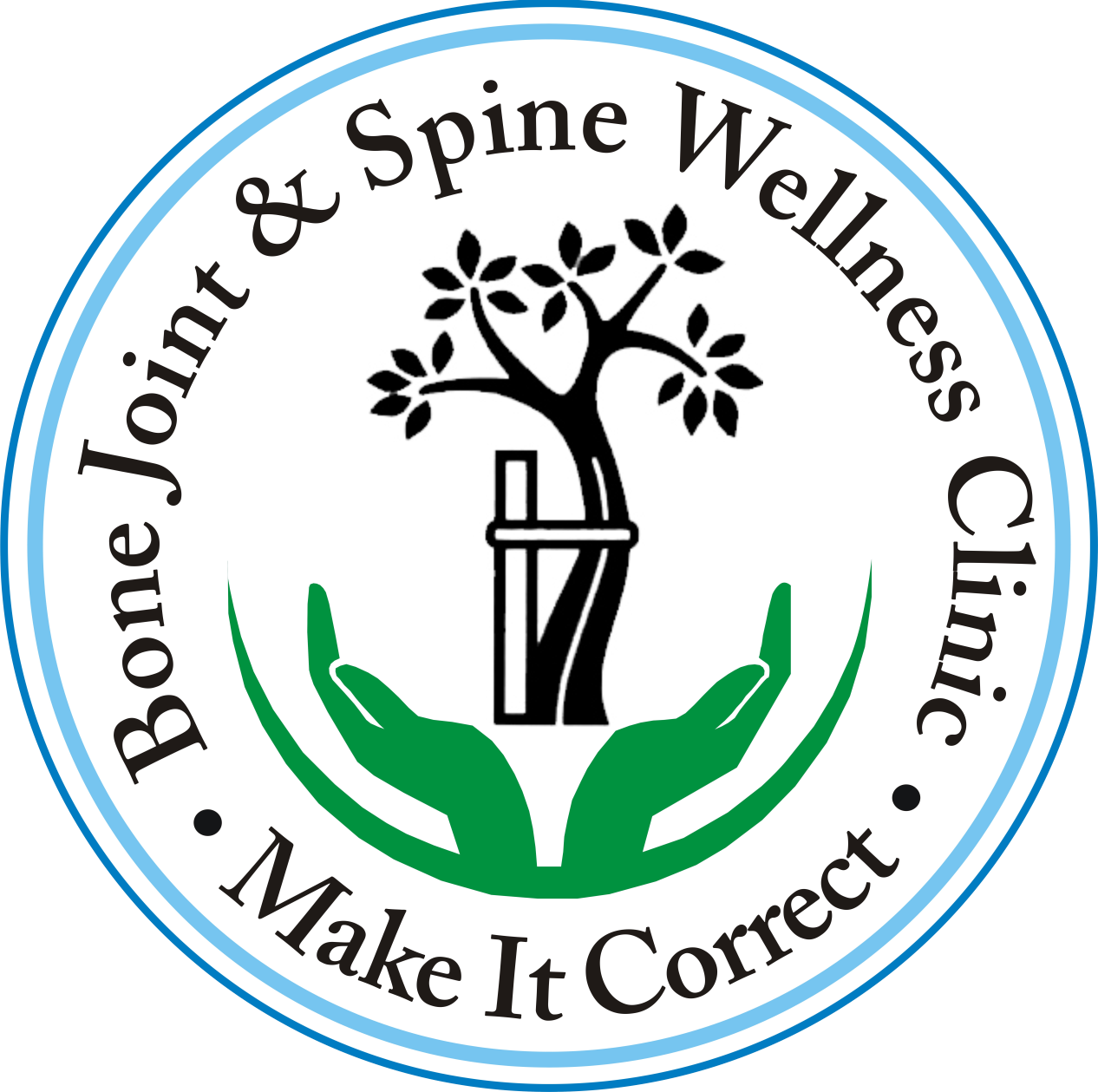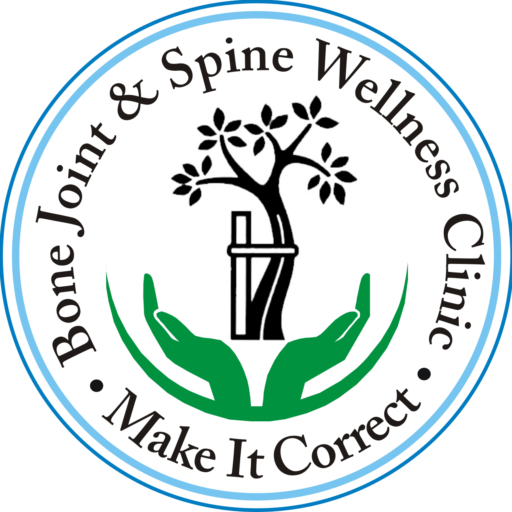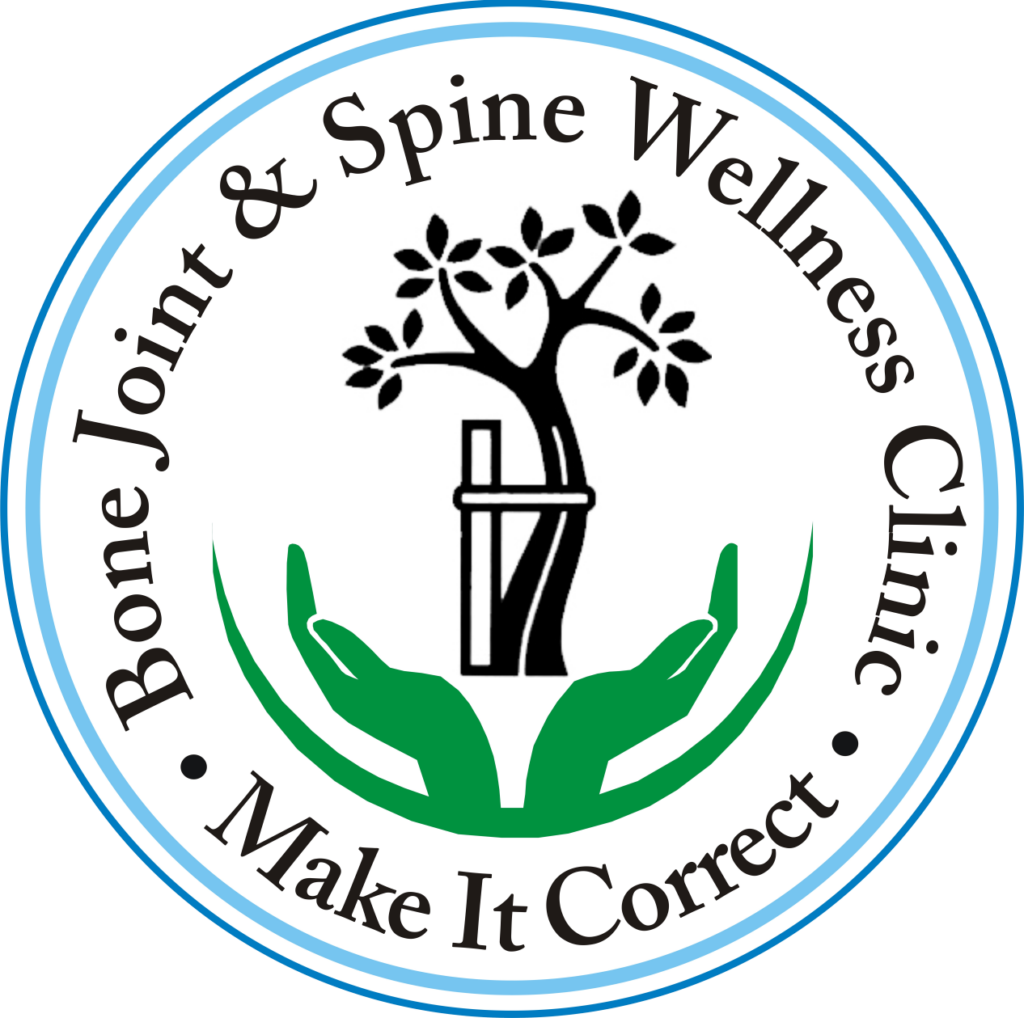Best Total Knee Replacement Surgery in Indore
Total Knee Replacement (TKR), also known as knee arthroplasty, is a highly effective surgical procedure used to treat severe knee pain and dysfunction. The goal of the surgery is to replace the damaged or worn-out parts of the knee joint with artificial components, typically made from metal, plastic, or ceramic. TKR is usually considered for patients who have not found relief from knee pain and reduced mobility through conservative treatments like physical therapy, medications, or injections.
Knee replacement surgery has evolved significantly over the years, with improvements in both surgical techniques and the materials used for the prosthetic joint. Total knee replacement can offer relief from debilitating pain, restore knee function, and significantly enhance the quality of life for individuals suffering from knee joint diseases.
What is Total Knee Replacement Surgery?
Total Knee Replacement Surgery (TKR) involves removing the damaged sections of the knee joint, which include the femoral component (thigh bone), tibial component (shin bone), and the patella (kneecap). These components are then replaced with a prosthetic joint made of a combination of metal and highly durable plastic. TKR aims to reduce pain, improve joint function, and help patients regain mobility, allowing them to return to daily activities with less discomfort.
Prosthetic Components Used in TKR
- Femoral Component: The upper part of the knee prosthesis, which is attached to the thigh bone, is usually made from cobalt-chromium or titanium alloys. It is designed to mimic the femoral condyles (rounded ends of the thigh bone) for smooth articulation with the tibial component.
- Tibial Component: The lower part of the knee prosthesis, made of a metal base and a plastic insert, is placed on the tibia (shin bone). The plastic insert acts as the cartilage, helping with smooth movement and reducing friction.
- Patellar Component: The kneecap is often replaced with a plastic component designed to provide better mobility and prevent wear.
Causes Leading to Total Knee Replacement
The need for total knee replacement surgery arises when the knee joint is severely damaged, usually due to underlying conditions or diseases that deteriorate the cartilage and bones within the knee. Some common causes of knee joint deterioration include:
- Osteoarthritis (OA): The most common cause of knee replacement, osteoarthritis is a degenerative joint disease where the protective cartilage in the knee breaks down, leading to bone-on-bone contact, pain, and stiffness. Over time, OA can cause severe joint dysfunction, making walking and other activities increasingly difficult.
- Rheumatoid Arthritis (RA): This autoimmune disease causes chronic inflammation of the joints, including the knee, which can lead to joint damage. In severe cases, RA may require knee replacement when conservative treatments fail.
- Post-Traumatic Arthritis: Previous knee injuries such as fractures, ligament tears, or meniscus damage can lead to post-traumatic arthritis. Over time, these injuries can result in joint instability and deterioration, necessitating knee replacement surgery.
- Avascular Necrosis (AVN): AVN occurs when the blood supply to the bone is disrupted, leading to bone death and subsequent joint deterioration. If the femur or tibia is affected, a knee replacement may be needed.
- Joint Deformities: Some individuals are born with knee deformities, such as bow legs or knock knees, which can cause uneven wear and tear on the joint over time. This can result in osteoarthritis and the need for knee replacement surgery.
- Previous Knee Surgery: Some patients who have undergone previous knee surgeries, such as meniscectomy (removal of part of the meniscus), may eventually develop arthritis and require a knee replacement.
Symptoms Indicating the Need for Total Knee Replacement
Not every knee problem requires a knee replacement. However, the following symptoms may indicate the need for TKR when conservative treatments no longer provide relief:
- Severe Pain: Persistent knee pain that worsens over time and is not relieved by medications, physical therapy, or other treatments.
- Limited Mobility: Difficulty walking, climbing stairs, or standing for long periods due to knee stiffness or instability.
- Decreased Range of Motion: The knee joint becomes less flexible, and movement becomes limited.
- Knee Deformity: Visible deformities in the knee, such as bowed legs or a knocked knee, that can affect function and cause pain.
- Swelling and Inflammation: Chronic swelling that does not subside with rest or medication.
- Weakness and Instability: The knee feels unstable, and the patient experiences a sense of the joint “giving way” during activities.
The Total Knee Replacement Surgery Procedure
Preoperative Assessment
Before the surgery, the surgeon will conduct a thorough examination, which includes:
- A review of medical history
- X-rays and MRI to assess the extent of joint damage
- Blood tests to ensure optimal health for anesthesia
- A discussion of any specific surgical risks
The Surgery Itself
Total knee replacement is typically performed under general anesthesia or spinal anesthesia. During the procedure:
- The surgeon makes an incision on the front of the knee to access the joint.
- Damaged bone and cartilage are removed from the femur, tibia, and patella.
- The prosthetic components are carefully inserted, and the knee joint is aligned to restore function.
- The incision is closed with stitches, and a sterile dressing is applied.
Postoperative Recovery
After surgery, patients are usually monitored in a recovery room for a few hours before being transferred to a regular hospital room. The recovery process generally involves:
- Pain Management: Medications to manage pain and reduce inflammation.
- Physical Therapy: The patient will begin gentle physical therapy to restore movement and strength in the knee.
- Hospital Stay: Patients may stay in the hospital for 1-2 days following surgery, depending on their overall health and the recovery process.
- Follow-up Care: Follow-up visits are scheduled to ensure proper healing and assess the success of the surgery.
Rehabilitation and Physical Therapy
Postoperative rehabilitation plays a key role in ensuring the success of the surgery. Patients will work with a physical therapist to:
- Improve range of motion
- Strengthen the muscles around the knee
- Regain independence in walking and performing daily activities
The length of the rehabilitation process may vary, but many patients begin walking with a walker or crutches within a few days after surgery and progress to walking without assistance within a few weeks.
Why Choose Dr. Pratyush Gupta for Total Knee Replacement Surgery in Indore?
Dr. Pratyush Gupta is a highly experienced orthopedic surgeon in Indore specializing in Total Knee Replacement (TKR) and other joint replacement surgeries. His expertise and commitment to providing the highest standard of care have earned him a reputation as one of the leading knee surgeon in Indore.
Reasons to Choose Dr. Gupta for Your Total Knee Replacement Surgery:
- Expertise and Experience: Dr. Gupta has years of experience in performing knee replacement surgeries and is well-versed in the latest surgical techniques.
- Personalized Care: Dr. Gupta takes a personalized approach, tailoring the treatment plan to meet each patient’s unique needs and ensuring the best possible outcome.
- State-of-the-Art Technology: Dr. Gupta uses the latest technology and surgical instruments, including minimally invasive techniques, for quicker recovery and better results.
- Comprehensive Rehabilitation: Post-surgery care is critical for successful recovery. Dr. Gupta emphasizes the importance of rehabilitation and provides tailored rehabilitation programs to help patients regain mobility and strength.
- Patient-Centered Approach: Dr. Gupta is known for his compassionate and patient-centered approach. He listens to his patients’ concerns and involves them in decision-making, ensuring a transparent and collaborative treatment process.
- Proven Success: With numerous successful knee replacements and happy patients, Dr. Gupta is a trusted name in knee replacement surgery in Indore.
Total Knee Replacement surgery is a transformative procedure for those suffering from severe knee pain, stiffness, and loss of function due to arthritis, injury, or other knee-related conditions. With the expertise of Dr. Pratyush Gupta, patients in Indore can benefit from the latest techniques in knee replacement surgery, ensuring faster recovery and a higher quality of life. If you’re considering knee replacement surgery, Dr. Gupta’s personalized approach and dedication to excellence make him the ideal choice for your treatment.
FAQs About Total Knee Replacement Surgery
- What is Total Knee Replacement?
Total Knee Replacement (TKR) is a surgical procedure in which a damaged knee joint is replaced with a prosthetic joint made of metal and plastic components. - How long will a knee replacement last?
On average, a knee replacement can last between 15 to 25 years, depending on factors such as the patient’s activity level, age, weight, and the type of prosthesis used. - What are the risks of knee replacement surgery?
As with any surgery, TKR carries risks such as infection, blood clots, nerve damage, or prosthesis loosening. However, these risks are rare and can be minimized with proper care and follow-up. - What is the recovery time for knee replacement surgery?
The recovery time varies but generally takes 6 to 12 months for full recovery. Patients can expect to be able to walk and perform basic activities in 6 weeks but may need more time to return to high-impact activities. - How soon can I return to work after knee replacement?
Many patients can return to work within 4 to 6 weeks, depending on the nature of their job and the type of knee replacement surgery. - Are there any restrictions after knee replacement?
Initially, patients should avoid high-impact activities such as running or jumping. However, low-impact exercises like walking, swimming, and cycling are encouraged to maintain joint health. - Is total knee replacement safe for elderly patients?
Many people ask whether total knee replacement is safe for older patients. If it is done by an experienced orthopedic surgeon in Indore, then yes, it is safe. Now, due to new technology and better implants, even 70–80-year-old patients can walk and feel less pain in their knees. - Is physiotherapy necessary after total knee replacement?
Physiotherapy is an important part of the patient’s recovery. Starting with the advice of the best orthopedic surgeon in Indore increases muscle strength and strengthens the knee quickly. With this, you can quickly return to your daily activities.


